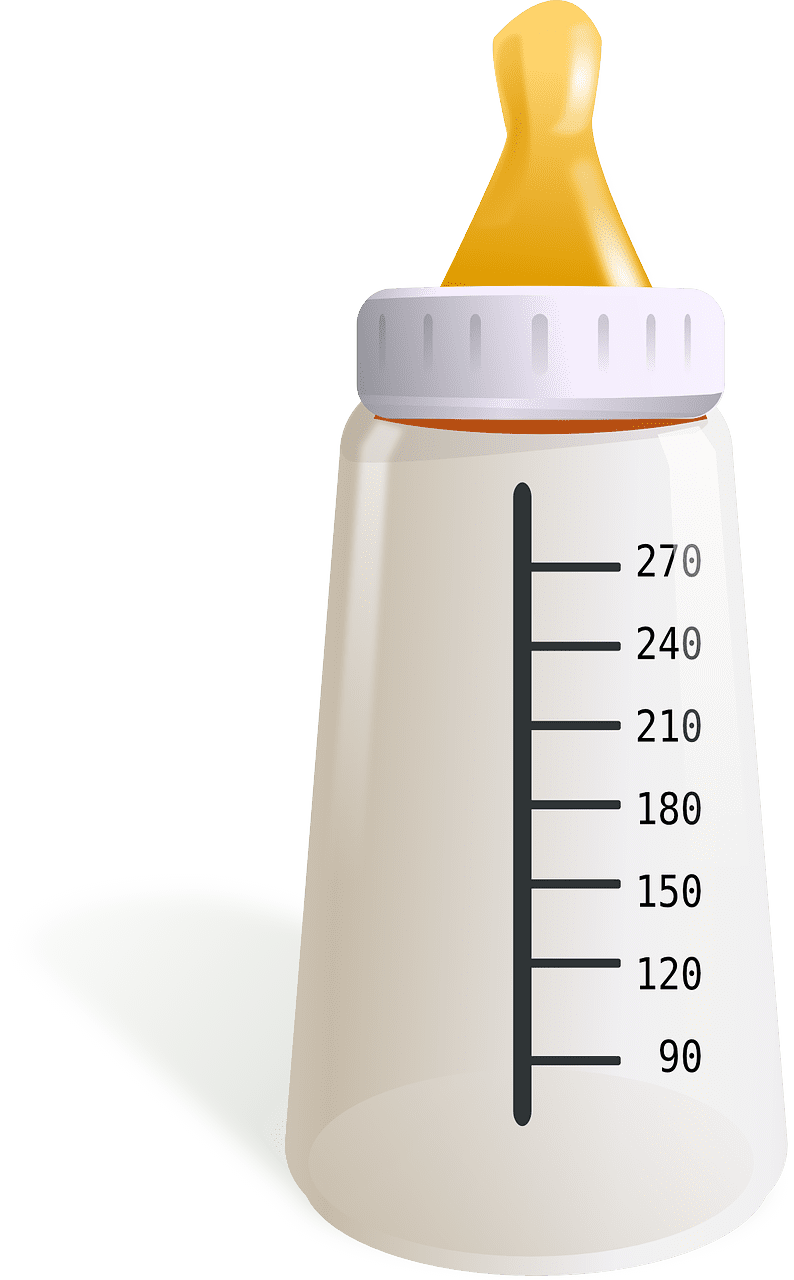Tooth decay is the most common chronic disease in children. Baby bottle tooth decay occurs in infants and very young children. Usually it affects the upper front teeth, but can also reach other teeth as well.
While you may think that your child’s baby teeth aren’t important because they will eventually all fall out, this is not true. Baby teeth set a precedent for adult teeth. It’s critical that you introduce good oral hygiene habits to children so that they don’t have complications later on in life.
What is Baby Bottle Tooth Decay?
Baby bottle tooth decay is caused by the sugar from drinks such as fruit juice, soda, and even milk and formula. Tooth decay can occur when infants drink sweetened liquids, whether from natural or added sugar beverages, that sticks to their teeth for long periods of time. When sugar sticks to the teeth bacteria begins to build and make acids that attack the teeth. More specifically, the acid begins to break down the tooth enamel, making the teeth weak and causing decay.
Effects Of Sweetened Drinks On Teeth
It’s important that you limit the amount of sugary drinks your children consume. This can significantly help them avoid tooth decay in developing teeth, and will prevent future damage to adult teeth. Giving your baby a sugary drink before nap-time or bedtime increases the chance of tooth decay. This is because the flow of saliva, which is the body’s natural defense against decay, decreases during sleep.
If tooth decay goes untreated it can result in pain and infection, which you don’t want for your baby. There is also a risk of tooth loss caused by tooth decay. If teeth are lost too early your child could develop poor eating habits, speech problems, crooked teeth, and damaged adult teeth. Preventing baby bottle tooth decay in your little ones is important because it ensures the quality of their future oral health.
How to Prevent Baby Bottle Tooth Decay
Prevention is easy as long as you’re practicing a proper oral hygiene routine with your children. Here are some tips to help you avoid the struggles of tooth decay:
- Wipe your baby’s gums with a clean pad of gauze or washcloth after feedings to remove the sugar leftover from their bottle.
- Begin brushing their teeth once they have gotten their first tooth. You can use a fluoride-free toothpaste or opt out of using toothpaste altogether.
- Start flossing once all baby teeth come in.
- Make sure your baby is still getting some fluoride. You want to avoid using too much, but you should include it into their diet somewhere. You can ask your dentist or doctor for a fluoride supplement if your baby isn’t getting any in their water, etc.
- You should schedule regular dental visits for your baby prior to their first birthday. And if you’re concerned about tooth decay occurring to your child, you can ask your dentist about sealant coatings that are used to prevent decay from happening.
And remember to:
- Avoid putting sugary drinks, such as soda, sugar water, and juice, in bottles. You want to use bottles for milk, formula, and water only. You can introduce your children to juice, but you should dilute it with water and put it in a sippy cup rather than a bottle.
- Don’t let your baby fall asleep with anything but water in their bottle. This will help reduce the chance of tooth decay.
- And also, try to reduce the amount of sugar in your child’s diet.
Following these tips should help prevent your children from developing tooth decay that can pose problems for them later in life. Most importantly, remember that implementing a healthy oral hygiene regimen early on will be your best defense for tooth decay.
Connect With Your Reno Dentist
If your little one is suffering from painful tooth decay, we’re here for you. We are a family dentistry and have a lot of experience with children. You can trust that we have your whole family’s best interests in mind and will work hard to ensure their oral health. Connect with us today to set up an appointment with a top Reno NV dentist, Dr. Kulesa!
